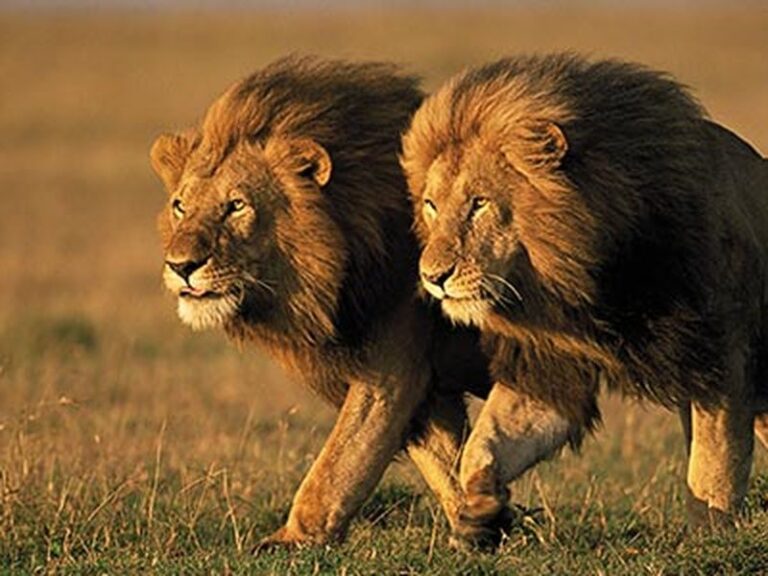Spiritual Meaning Of Biting Your Cheek
Biting your cheek can be an unconscious habit expressing more than physical pain.
This article will explore the spiritual meaning of biting your cheek and how it can help heal, release anger, distract from the pain, and more.
Need To Heal
The act of biting your cheek is often a sign that there is something inside of you that needs to heal.
Perhaps it’s a deep-seated issue about yourself that you’ve been avoiding or suppressing for years or even decades.
It could also represent an unresolved conflict or hurt stemming from past trauma.
By consciously taking the time to understand why you are biting your cheek and then actively seeking out resources to understand the underlying issues, you are taking an important step in the healing process.
Releasing Anger
Sometimes biting your cheek is a sign that you are trying to repress deep-seated anger or hurt.
Intentionally identifying these feelings can help foster understanding and eventually lead to a sense of peace and acceptance within yourself.
Doing this may require some self-reflection or outside help, such as therapy or journaling, which can help bring those feelings into the light of day so they can be released rather than suppressed.
Distracting You From Pain
When we engage in certain behaviors like chewing our nails or playing with our hair, it may be our body’s way of providing comfort while distracting us from physical pain.
Biting your cheek often falls into this category, as well as a way to take the focus away from another feeling that is too overwhelming for us to address in the present moment.
As long as these behaviors don’t become harmful, they can provide temporary relief before dealing with more serious issues head-on.
Speaking Your Truth
Biting your cheek is also seen as a way of expressing yourself when words cannot do justice to what lies within you – essentially using physical expression to speak what words cannot say now. This could come from interpreting something someone else says with intensity or conviction, which leads one to bite their cheeks out of frustration or anger at being misunderstood.
Speaking one’s truth without fear of retribution (or fear in general) allows for further connection with others rather than hiding behind walls built up over time due to being emotionally unavailable or vulnerable due to past experiences.
Holding Back
Biting your cheek reflects moments when someone holds back their true emotions out of fear and hesitation – essentially censoring themselves before they have had time to truly process what they want/need/feel to not appear “wet in front of others.
This behavior usually stems from previous situations where speaking up was met with negative feedback instead of having one’s voice heard and understood, which eventually leads them down the road of repression until they are ultimately left with no other choice but to act out physically through actions like biting their cheeks.
Self Expression
As mentioned previously, sometimes words fail us when expressing our emotions.
Hence, we use other means, such as body language and physical reactions, to get our point across without having anyone directly hear us (unless we choose otherwise).
Doing this opens up space for self-exploration as we delve deeper into ourselves by putting aside any expectations held by those around us – allowing for raw, honest expression without fear of judgment.
Biting one’s cheeks is seen as a form of self-expression when verbal communication has proven difficult due to various life circumstances.
Strength And Determination
In addition to using facial expressions when conveying emotion, biting one’s cheeks signifies strength and determination while demonstrating resilience despite any difficulties that might feel unbearable at times– effectively showing courage even when faced with uncomfortable topics such as death, grief, trauma, etc.
It takes great strength and fortitude to acknowledge our innermost thoughts while redefining what “strength” means beyond simple muscle power – proving through action that mental strength can free somebody from unspeakable hardship no matter how hopeless it may seem.
Self Punishment
Some individuals have been known to use face clenching/biting as a form of self-punishment over perceived wrongdoings – essentially punishing themselves instead of external sources.
With this claim comes responsibility, making sure not to take on blame for things that aren’t personal fault, allowing oneself forgive mistakes prevent fall victim unhealthy cycles guilt & shame.
Taking ownership past currently also helps create a path toward acceptance and freedom from toxic afflictions .
Using Biting Your Cheek as a Coping Mechanism
Biting your cheek can also be a coping mechanism to deal with unpleasant situations, such as anxiety or stress.
It effectively distracts from negative feelings and can even help one process their emotions deeply and consciously; this can be a powerful tool for processing complicated feelings while at the same time providing some temporary relief.
Stimulating Self Reflection
Another spiritual meaning of biting your cheek is that it stimulates self-reflection and encourages introspection on any underlying issues you may have been avoiding or pushing aside.
It serves as a reminder to take the time to check in with yourself and explore what is going on inside.
Invoking A Sense Of Peace And Letting Go
Lastly, biting your cheek can symbolize letting go of something that is not serving you anymore – an emotion, belief, or attachment.
By allowing yourself to feel the sensations without judgment and then letting them go with intention, you are freeing up much-needed energy and space for healing and growth within yourself, which ultimately leads to true peace of mind.
Conclusion
Biting your cheek is a complex behavior with many spiritual and psychological implications.
Whether it’s used as a coping mechanism, a way to process unresolved emotions, or to distract from pain and distress, understanding the underlying meaning of this habit can help us move forward on our healing journey and be mindful of how we express ourselves in the present moment.







